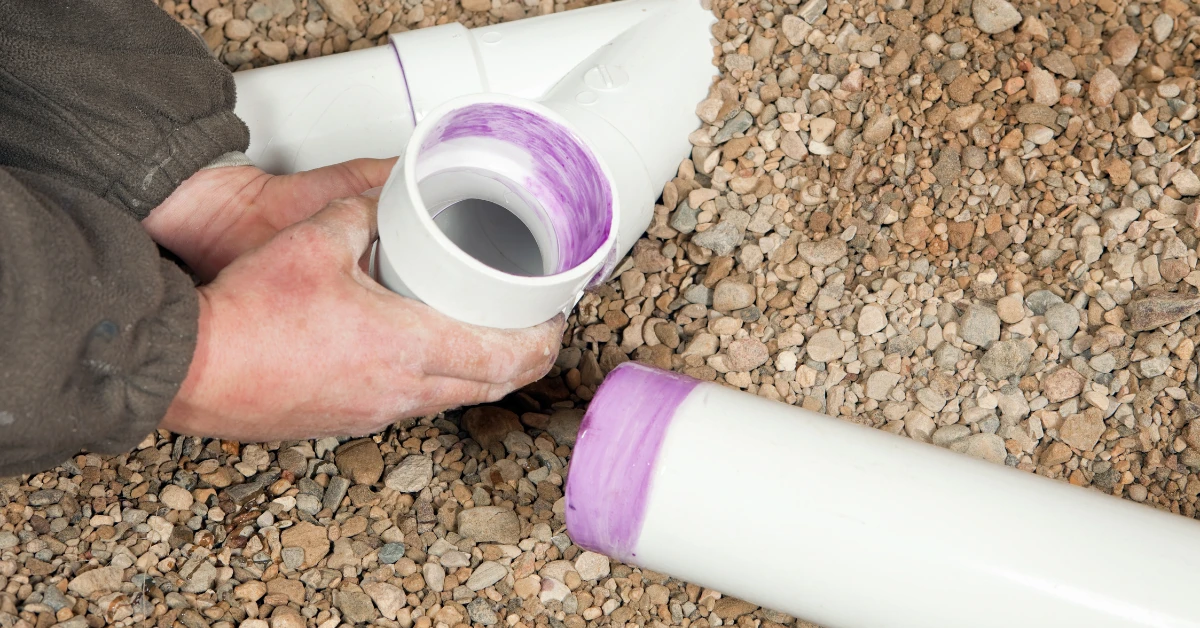What is NSF/ANSI 14 PVC?
NSF/ANSI 14 PVC Pipe stands for polyvinyl chloride, a synthetic plastic polymer widely used in various applications, including plumbing, electrical conduits, and even clothing. The production of PVC involves the polymerization of vinyl chloride monomers, which raises some health concerns, particularly related to the chemicals involved.
Chemical Composition and Production
Vinyl Chloride Monomer
The primary concern regarding NSF/ANSI 14 PVC stems from vinyl chloride, the chemical used to produce it. Vinyl chloride is classified as a human carcinogen, meaning it has the potential to cause cancer in humans. However, it’s crucial to note that most people are not directly exposed to vinyl chloride from finished PVC products.
Additives in NSF/ANSI 14 PVC
In addition to vinyl chloride, various additives are used to enhance PVC’s properties. These may include plasticizers, stabilizers, and flame retardants. Some of these additives can raise health concerns, particularly phthalates and lead.
Health Concerns Associated with PVC
1. Exposure During Manufacturing
Workers involved in the production of PVC may be at risk of exposure to vinyl chloride and other harmful substances. This is why safety regulations are crucial in manufacturing environments to protect workers from potential health hazards.
2. Leaching of Chemicals
When used for plumbing, particularly for drinking water, concerns arise about chemicals leaching from PVC pipes into the water supply. Research suggests that the risk is minimal when NSF/ANSI 14 PVC Pipe meet regulatory standards for drinking water.
3. Burning PVC
Burning PVC can release harmful dioxins and hydrochloric acid into the environment. This poses a significant health risk to both humans and wildlife. Therefore, it’s essential to dispose of PVC products responsibly.
Regulations and Safety Standards
In many countries, PVC products are regulated to ensure safety. In the U.S., the Environmental Protection Agency (EPA) and the Food and Drug Administration (FDA) set standards for materials that come into contact with drinking water.
- Safe Drinking Water Act: This act helps regulate contaminants in drinking water, ensuring that PVC used for water supply meets safety requirements.
- Material Safety Data Sheets (MSDS): Manufacturers provide MSDS that outline the potential hazards of PVC and safety measures for handling.

Comparing PVC to Other Materials
PVC vs. Copper
Copper pipes are often considered safe but can leach copper into drinking water, especially in acidic conditions. While PVC can also leach chemicals, proper regulations help mitigate these risks.
PVC vs. PEX
PEX (cross-linked polyethylene) is another popular plumbing material. While PEX has fewer concerns regarding leaching, it may not be as durable as PVC in certain applications.
Conclusion
In summary, while NSF/ANSI 14 PVC Pipe itself is generally safe for most applications, particularly when installed correctly and according to regulations, there are valid concerns regarding its production, additives, and improper disposal. Understanding these factors can help you make informed decisions about using PVC in your home or business.
FAQs
1. Is PVC safe for drinking water?
Yes, PVC Pipe designed for potable water meet safety standards, minimizing health risks.
2. Can PVC leach harmful chemicals?
While some leaching can occur, regulatory standards ensure that levels are within safe limits.
3. What should I do with old PVC pipes?
Dispose of old PVC pipes according to local regulations to minimize environmental impact.
4. Are there safer alternatives to PVC?
Yes, alternatives like PEX or copper may pose fewer health risks, depending on the application.
5. Is burning PVC dangerous?
Yes, burning PVC can release harmful chemicals, so it should never be incinerated.


















